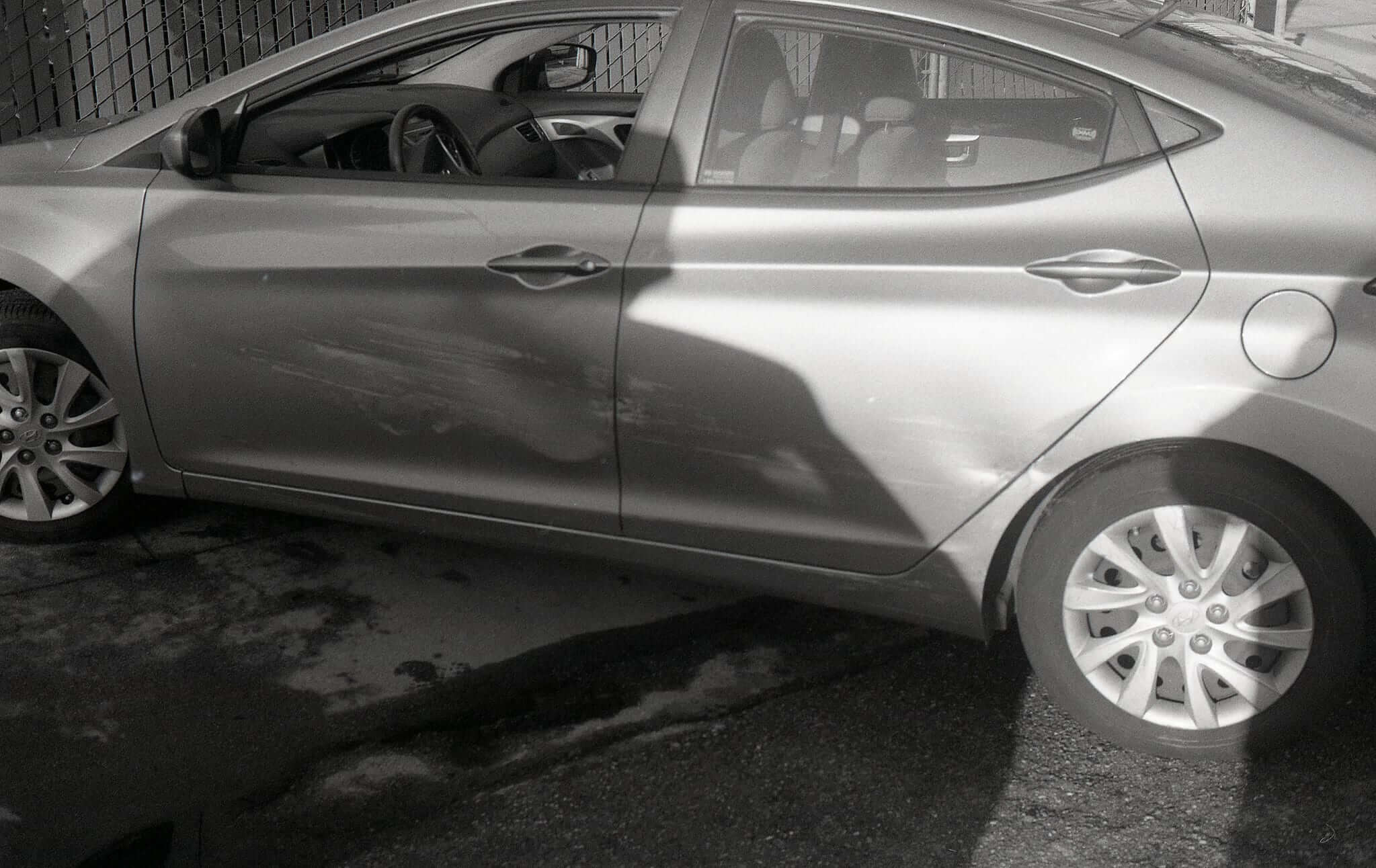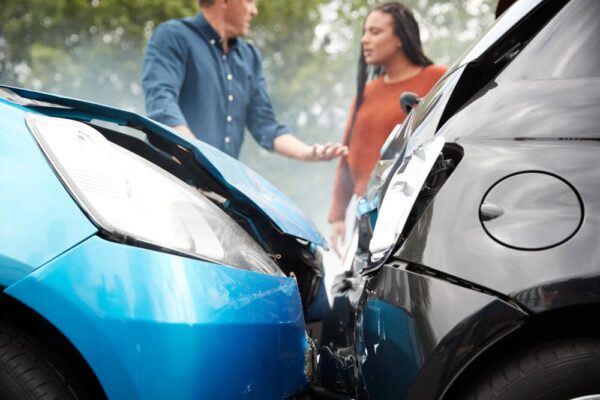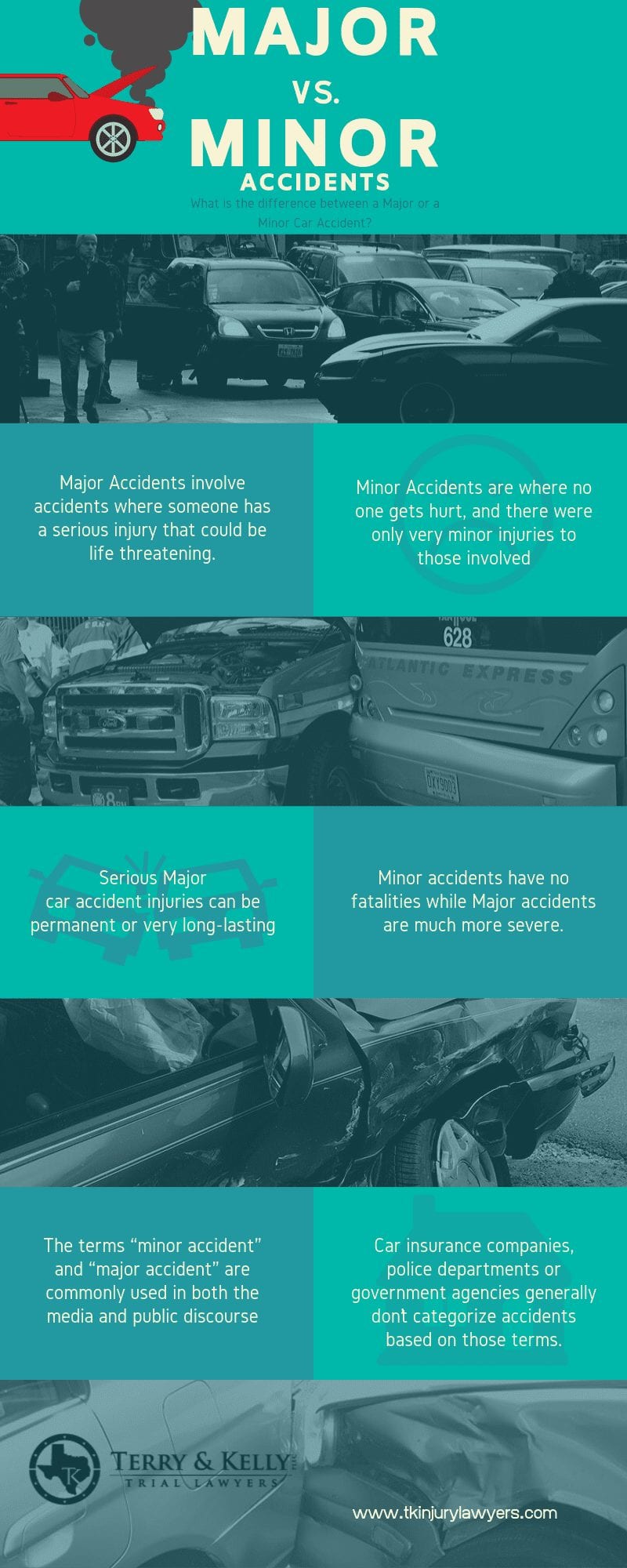Car Accident Information, Car Accidents, Personal Injury Questions Archives
Major Car Accident vs Minor Car Accident

What Is Considered a Minor Car Accident?
A minor car accident is where no one gets hurt and low damage to the car. Minor accidents may not be serious, and some people think that a minor car accident would not be worth claiming. A major accident is the complete opposite, which involves injuries and serious damage.
Major and minor car accidents occur on our roads and highways every day in the Greater Austin area. Both of these types of car accidents can lead to serious physical injuries and damage. Injuries that accident victims suffer can leave them incapacitated and unable to work for long periods of time. Moreover, just because a car accident is a relatively ‘minor’ one does not necessarily mean that the accident victim did not suffer serious and painful injuries.
If you have been injured in a car accident that occurred because another driver was negligent, you might be eligible to pursue monetary compensation for your injuries. An Austin car accident lawyer from TK Injury Lawyers, can review the facts and circumstances of your car crash with you and determine if you are eligible to assert a claim against the at-fault driver’s insurance company. If you are, we can file the claim on your behalf and pursue the compensation that you need for your injuries. If the insurance company refuses to settle favorably, we could help you litigate your case in the Texas state court system.
Please call us today to discover more about how we could help with your car accident personal injury claim.
Differences Between a Major and a Minor Car Accident
If you’ve been in a car accident, you may be wondering what kind of personal injury claim you can make. Do you have a case for a minor car accident? Or can you only seek compensation if you’ve been in a major car accident?
We’ll explore the differences below and discuss what to do if you’re involved in either type of accident.
Major Car Accidents
Major car accidents that occur in the greater Austin area are usually those where there is significant property damage. They may involve a head-on collision, where the front of one vehicle collides with the front of another vehicle, or they might involve a multi-vehicle pileup or chain-reaction collision that involves numerous vehicles.
The drivers and passengers who are involved in major car crash typically suffer serious injuries, including traumatic head injuries, bone fractures, internal organ damage, and other complications. The force of a major car crash could eject a driver or passenger from the vehicle onto the road. In the worst-case scenario, a serious car accident could lead to a driver or passenger’s untimely death.
Minor Car Accidents
Minor car accidents typically involve less serious property damage and injuries than major car accidents. These collisions sometimes occur at intersections, like rear-end accidents where the front of one vehicle collides with the rear of another vehicle.
Although these accidents might not involve significant property damage, they can still result in bad injuries. Soft tissue neck and back injuries, for example, are common in rear-end accidents where the accident victim’s head or neck moves forward and backward very quickly. Injuries can also occur when a part of the accident victim’s body strikes something in the vehicle when the accident occurs, like the window or headrest.
It could be days, weeks, or even months before pain or injury shows itself after an accident. You could lose out on having your medical bills paid for and a chance of a monetary benefit for pain and suffering.
Types of Car Accidents
While there are many types of car accidents, they are broadly categorized as either major or minor. Major accidents are typically those that result in serious injuries, while minor accidents are usually those that cause minor property damage. However, even minor fender-benders can lead to severe injuries, such as bruises or whiplash.
The Rear-End Collision
A rear-end collision happens when one vehicle rear-ends another vehicle that has slowed or stopped. Rear-end collisions often result in whiplash to the occupants at the front of the vehicle.
Sideswipe Accidents
Another common type of accident is a sideswipe accident. This occurs when two vehicles collide with each other while traveling in the same direction. Sideswipe accidents often happen when one vehicle tries to change lanes without checking for oncoming traffic first.
Head-On Collisions
Head-on collisions are also relatively common and can often be very serious injuries due to the high speeds involved. These accidents typically occur when one driver crosses over into oncoming traffic or veers off the road and into oncoming traffic. Often, traumatic brain injuries (TBIs) result – the most common reason for hospital care among young people, especially men.
Rollover Accidents
Rollover accidents are less common than other accident types. However, they can be very serious due to the risk of being ejected from the vehicle. Rollover accidents typically occur when a vehicle loses control and rolls over onto its side or roof.
Factors That Affect the Severity of an Accident
No matter whether is minor or major, various factors can affect the severity of a car accident. Some of these factors include:
- The speed of the vehicles involved
- The size and weight of the vehicles
- Whether or not seat belts were worn
- The location of the impact
- The road conditions
- The angle of the impact
- Whether or not airbags deployed
- The number of vehicles involved
- The number of people involved
In general, accident severity increases at faster speeds or when large and heavy vehicles are involved. Moreover, excessive speed often leads to high-risk decisions, as the driver does not have time to avoid a crash.
Injuries Sustained in Major and Minor Accidents
There are a variety of injuries that can occur in both major and minor car accidents. While some of these injuries may be more serious than others, all can have a significant impact on your health and well-being.
Common Injuries
Common injuries sustained in motor vehicle accidents include:
Whiplash
Whiplash occurs when a driver’s head is jolted forward, then back again, without warning. Symptoms of whiplash may include neck pain and stiffness, headaches, dizziness, or fatigue.
Back Injuries
Back injuries can range from mild to severe, depending on the force of the accident. Common symptoms include back pain, stiffness, and difficulty moving. In more severe cases, herniated discs or spinal cord damage may occur.
Broken Bones
Fractures are common in car accidents, especially in high-speed collisions. Fractures frequently affect the ribs, collarbone, arm bones, and leg bones.
Traumatic Brain Injuries (TBIs)
A traumatic brain injury, or TBI, represents an injury that impacts the brain’s functioning. The CDC reports that TBIs are a major cause of disability and death in the U.S. TBIs or concussions often happen after a rollover or head-on collision. Victims ejected during a roll-over accident often do not survive.
Medical Treatment for Injuries Sustained in Car Accidents
The severity of the accident will play a big role in determining what kind of treatment is necessary. For minor car accidents, basic first aid may be all that is needed. However, you still need to see a doctor on the day of the mishap. Injuries may emerge later that are severe that may not show up immediately.
Once the initial medical care has been provided, the next step is to determine if there are any long-term effects from the injuries. If so, then appropriate treatment will be necessary to ensure a full recovery.
This may include physical therapy, occupational therapy, or even surgery. The goal is to get the victim back to their pre-accident state as much as possible.
In some cases, the injuries sustained in a car accident can lead to a permanent disability. In all the above instances, it is important to seek financial compensation to help cover the costs of ongoing medical care or the prior, current, and future costs involved in recovery.
Recovery Time for Injuries Sustained in Car Accidents
While a major accident often leads to more severe injuries and care, that does not mean some minor accidents may not cause injuries that end up being severe. That is why you need to see a doctor and document everything that has occurred, whether it is a serious or minor crash.
Whiplash, for example, is a common injury that can be sustained in even minor fender-bender accidents. While the symptoms of whiplash may resolve themselves within a few weeks or months, some people may experience chronic pain and stiffness for years after the accident.
More serious injuries, such as broken bones or traumatic brain injuries, will obviously take longer to heal. In some cases, the effects of these injuries frequently are permanent.
Again, if you have been injured in a car accident, it is important to seek medical attention as soon as possible. Once your injuries have been diagnosed and treated, you can then start working with a personal injury lawyer to get compensation for your damages.
The following FAQs give you a better idea of what you might expect if you’re involved in a major or minor accident.
Common FAQ`s About Minor Car Accidents
-
Can I make a claim? No-Fault vs. Fault State
The main question concerning a claim for a minor car accident is whether you’re located in a “fault” or “no-fault state”. What that means is your insurance company will pay some of the charges incurred in the accident whether or not it was your fault. Legislatures in various states made that law to process claims more quickly.
You can argue whether the no-fault law is a wise one or not, but in most states, it has cut down on smaller claims. If and when a claim reaches a higher amount of injury damages, then the no-fault no longer applies. It is then considered a serious case and your lawyer will proceed accordingly.
Of course, the wording of the no-fault bill varies from state to state. In many of states, a limit of $2000 applies to a no-fault claim. Anything over that amount can go to an attorney. Other states put a minimum amount on medical bills for certain injuries. A few of the states have made a higher amount of mandatory statute before allowing a claim – some as high as $40,000 and loss of a job. In the states that do not have any fault law, you are allowed to file a claim no matter what the injuries. As you can see, it is wise to always consult a car accident attorney to make sure what your state law is.
-
What are your symptoms?
You do not usually have serious injuries from a minor car accident. Then again, sometimes it is hard to know just how an accident will affect your body. Some of the symptoms of a minor car accident might be pain in your neck and shoulders, headaches, pain in your muscles, or strains in your ligaments. Pain may not happen immediately after an accident. Many people only feel pain and suffering after a few hours, days, or even weeks.
-
Should I or should I not seek treatment?
By all means, if you do not feel right after an accident if you are aching or your neck or shoulders hurt, you need to visit your doctor or even an emergency center if you think it could be serious. One fact you should know – most insurance companies will consider you “ok” if you don’t at least visit your doctor after an accident. And then if you later try to claim you have injuries due to the accident, you will have a lot of trouble proving it!
-
Pain and Suffering – how much is it worth?
A minor car accident may not have much value, but you need to know a few facts. You had a car accident where someone hits you and it is their fault. The damage is not much to your car, but you are having headaches and some pain in your neck by the next day. You went to your doctor and after examining you, he tells you to give it a few days and see how you feel. Let’s say the pain did not go away, so you decided to see a chiropractor. After a few weeks of treatment, you had no more pain. No work was missed. If you lived in a no-fault state, you would probably not be allowed to file a claim. When your insurance adjuster views your car he will probably state that this was indeed a minor accident and that you would be qualified for reimbursement or compensation. No major injury, no major damage, no major settlement.
Experienced Car Accident Lawyers
The attorneys at TK Injury Lawyers have been working on car accident cases in Austin for years and can help you recover the proper amount of compensation for your automobile accident.
Get in contact with us, today!
Related Articles

Be Aware of Texas Car Seat Laws 2023 (updated)
Summer is almost here, and that means road trip season. While getting out on the road with your family is a great way to see the country and reconnect with friends and loved ones, you want to make sure to keep your kids safe in the process – and to be in compliance with Texas’s […]

Driving Without Insurance in Texas
It is an unfortunate fact of life, but accidents happen. Every day in Texas, people behind the wheel find themselves in a collision with other drivers and sadly suffer injury to their bodies and their vehicles. However, the greatest loss in a fender bender tends to occur when one or both parties is uninsured. Car […]
